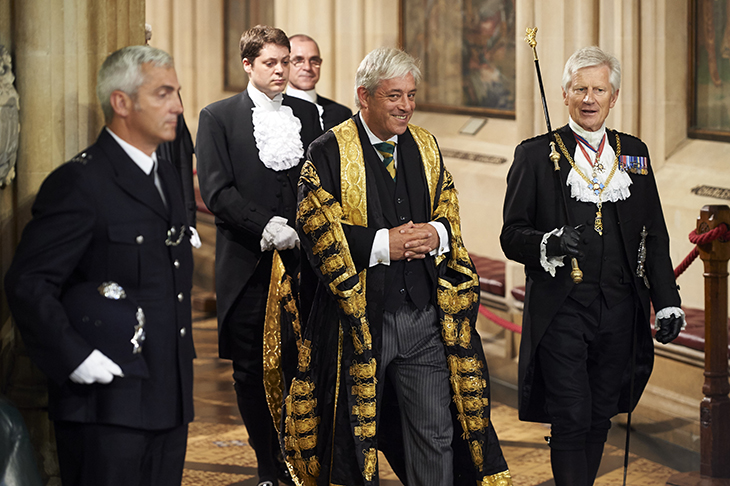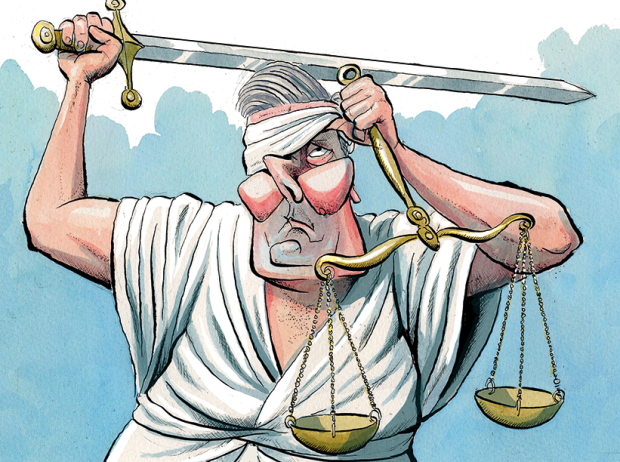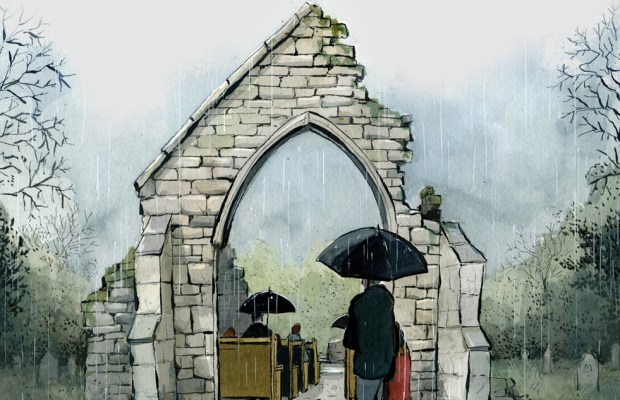No special protection
Sir: Rod Liddle’s joke that the election might be held on a date when Muslims cannot vote, thereby reducing support for Labour, has apparently led to outrage. There has been no similar outrage over your front cover (‘A vote is born’), which satirises the Christian nativity by portraying Johnson, Corbyn and Swinson visiting the stable in Bethlehem.
Already a subscriber? Log in
Subscribe for just $2 a week
Try a month of The Spectator Australia absolutely free and without commitment. Not only that but – if you choose to continue – you’ll pay just $2 a week for your first year.
- Unlimited access to spectator.com.au and app
- The weekly edition on the Spectator Australia app
- Spectator podcasts and newsletters
- Full access to spectator.co.uk
Or
Unlock this article
You might disagree with half of it, but you’ll enjoy reading all of it. Try your first month for free, then just $2 a week for the remainder of your first year.














Comments
Don't miss out
Join the conversation with other Spectator Australia readers. Subscribe to leave a comment.
SUBSCRIBEAlready a subscriber? Log in